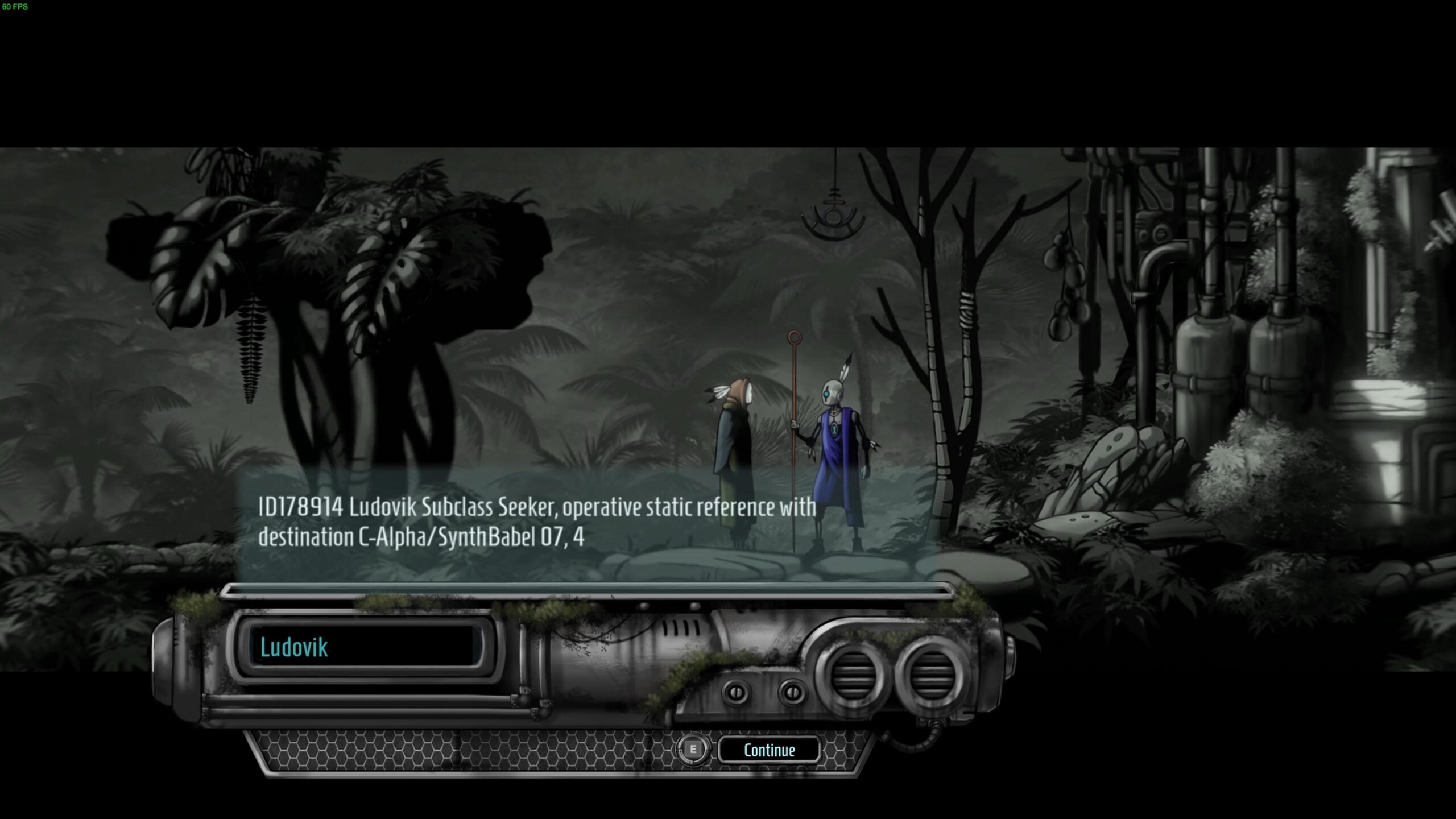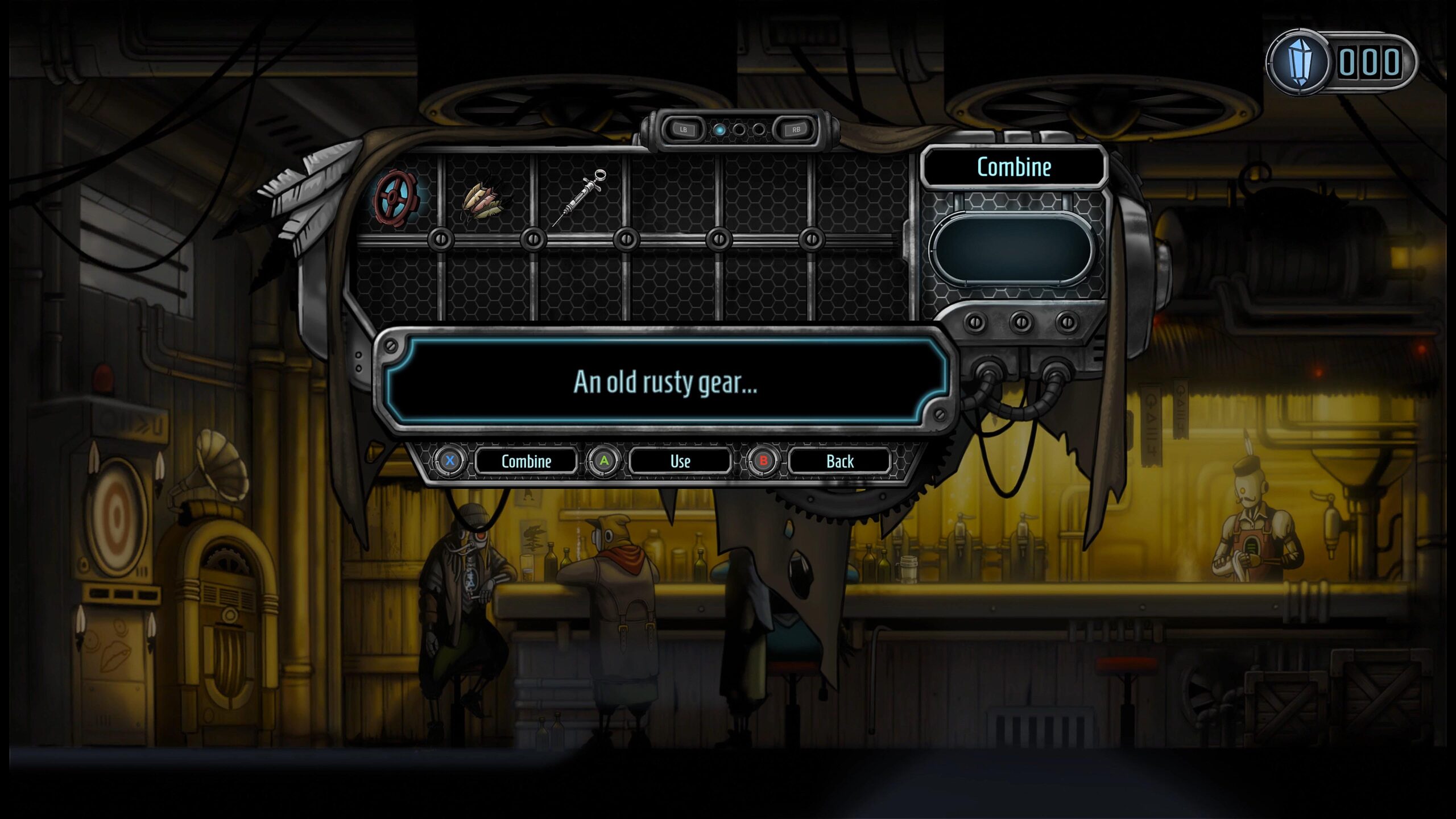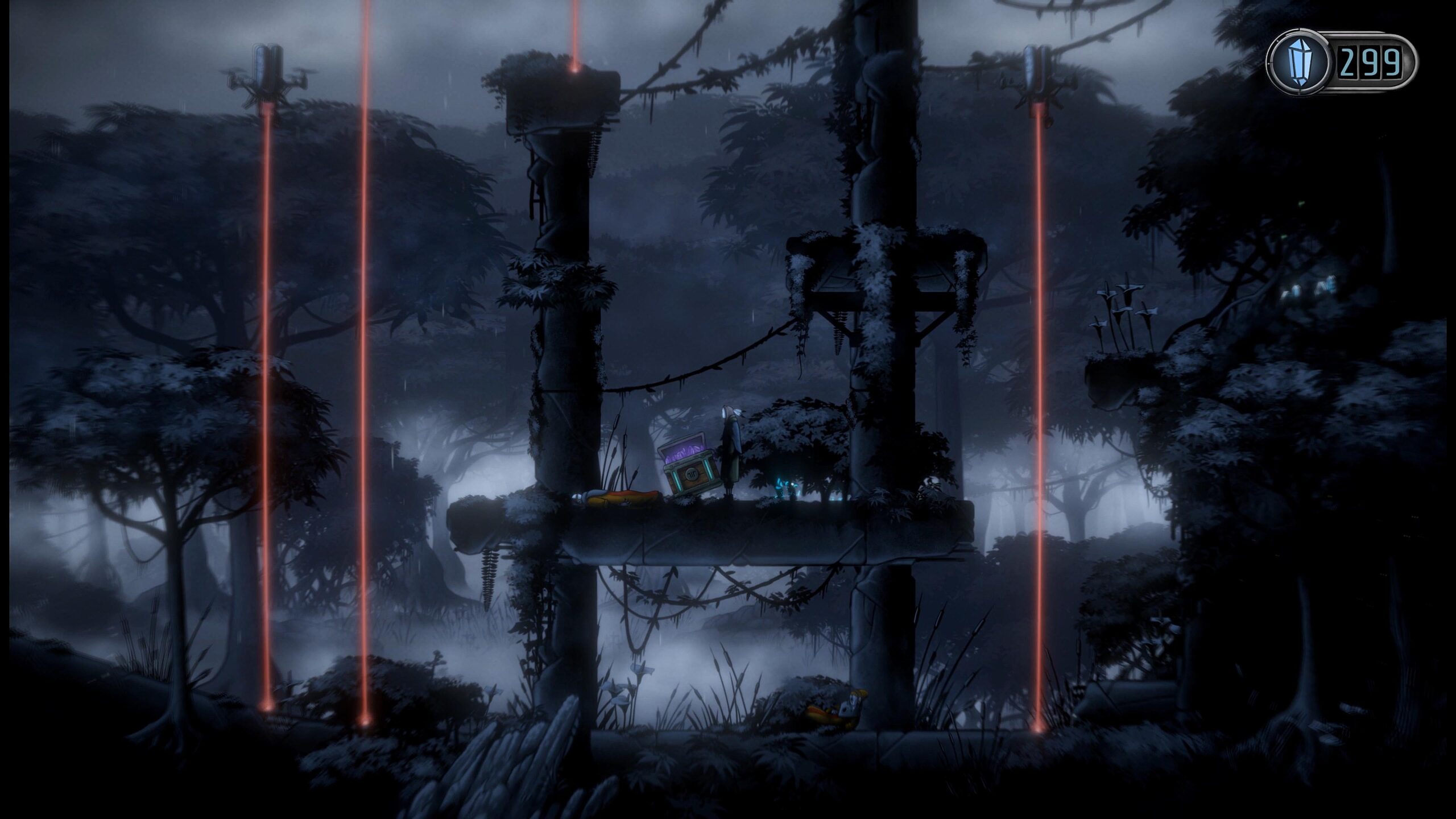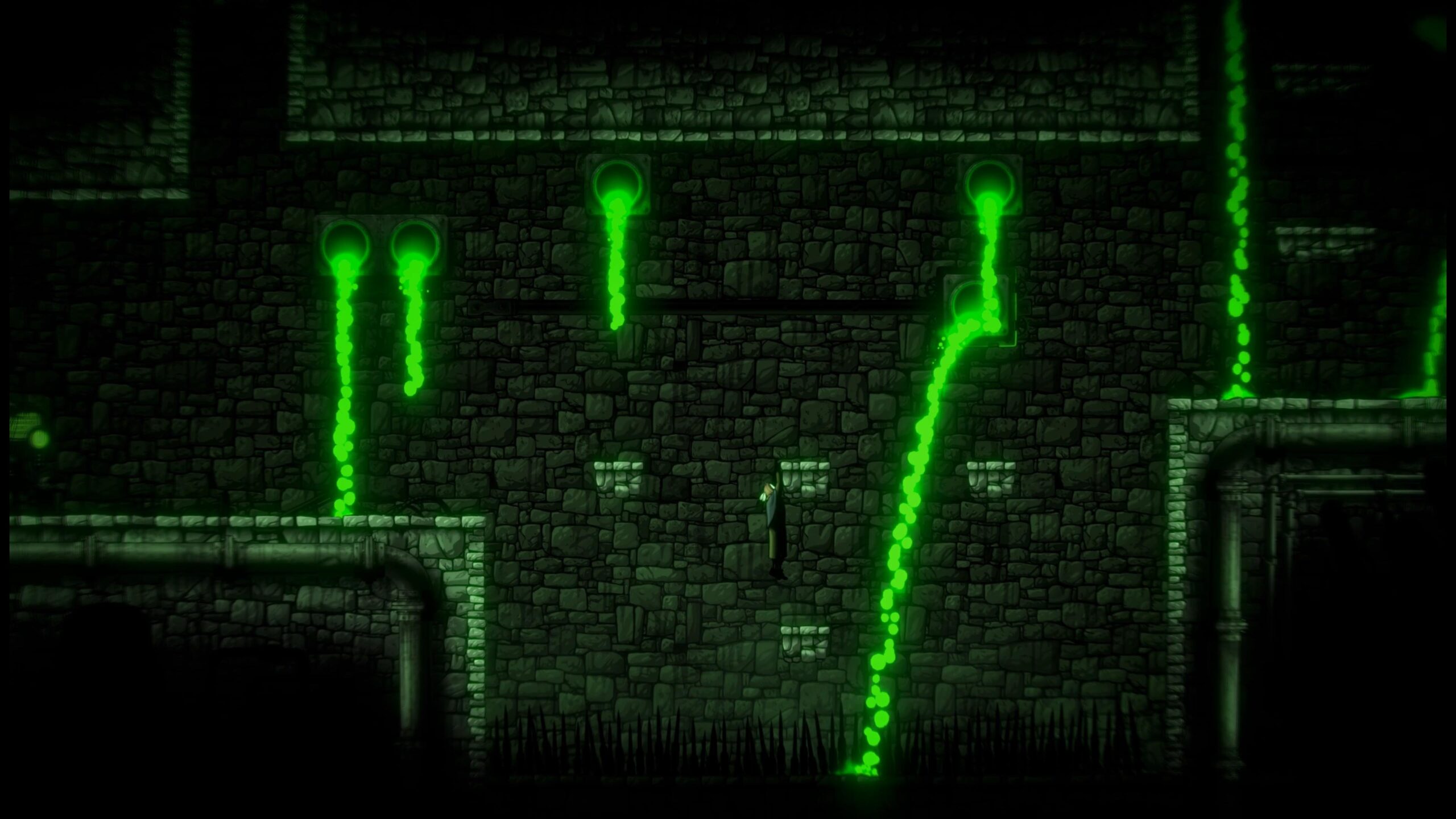[ad_1]
I’m going to get kicked out of The Library of Babel. You’re purported to be quiet in libraries, and this sport had me yelling at my TV greater than the crappy NFL officiating in your typical Sunday afternoon.
And actually, I used to be saddened by how irritating The Library of Babel would grow to be contemplating its stellar starting. Impressed by a 1941 quick story by Argentine writer Jorge Luis Borges, the sport is ready 20,000 years after the extinction of humankind. Robots now run the Earth with little data of their creators.
As Ludovik, you’re one such robotic—a Seeker, which is form of a detective.

You’re despatched to a distant colony deep in a jungle solely to rapidly witness a murder-suicide. That is centered round a library that “…comprises the whole lot that has, is, and can ever be written…” and a swelling rebellion that might destroy the inspiration of the robotic society. Ludovik is assigned varied duties to infiltrate this rebellion, and can journey to quite a few linked places alongside the best way. What he learns in regards to the library and his connection to all of it, in fact, isn’t what he anticipated.
It’s all fairly weighty sci-fi fare that had me pining for Mr. Swinehart’s escape fiction class again in highschool (it could be time to reread Metropolis). The story unfolds properly as you progress from location to location. The narrative arrives in bits, however it by no means feels disjointed or hidden behind the gameplay; you stay cognizant of your targets even whereas distracted by the sport’s quite a few sidequests.
Nicely, perhaps they’re not sidequests. The Library of Babel’s gameplay is evenly break up between journey puzzles and stealth platforming. The puzzles usually contain speaking with the quite a few robots at every location, discovering out what they want, and getting it for them. That then opens you as much as extra objects and puzzles. Regardless of the futuristic settings, the puzzles might be acquainted from the very begin. One robotic wants energy for his retailer. A gaggle of men must fish out an merchandise that’s caught in a pipe. One man wants lubricant for his machine, then he wants a approach to apply the lubricant. Discover the objects, mix them in your stock, use them, and advance.

The sport does a reasonably good job of managing this conventional system. Nevertheless, there are quite a few occasions the place you’ll exhaust each attainable mixture of things earlier than ultimately studying you simply don’t but have entry to what you want. So, account for loads of time fruitlessly tinkering along with your stock and touring between places to provoke the identical conversations (which might’t be skipped) with different robots. That’s half and parcel for journey puzzle video games, so we are able to’t actually fault the builders for that.
And it helps that the places are visually stimulating. The dense jungle settings, for instance, truly really feel dense. They’ve a beautiful depth to them regardless of the 2D gameplay, they usually’re cluttered in a method that appears and feels pure to the setting. This muddle is used to cover numerous secret places which might be enjoyable to uncover. Working your method via this world is tremendously rewarding…
…till the gameplay screws all of it up. The second factor to The Library of Babel is the stealth platforming, and it’s infuriating. Assume One other World or Flashback however with extra sneaking. The early ranges are nice as you learn to use the surroundings to slide previous the quite a few enemies: hold from ledges, take cowl behind packing containers and bushes, and so on. Earlier than too lengthy, nevertheless, the problem degree simply turns into spiteful.
For instance, an early puzzle requires you to climb a sequence of ledges with out being detected by floating sentries with sensor lasers.

You received’t be detected if the lasers hit you when you’re not transferring, however this implies ready for the suitable opening to advance.
And ready.
And ready.
And dozing off.
And waking up.
And ready.
I don’t get why the builders felt that standing nonetheless in a platformer for minutes at a time would make players completely happy. The issue is exacerbated by the necessity to completely execute a sequence of strikes to advance. The correct positioning required to seize ledges is just too strict, so that you’ll usually miss jumps after taking far an excessive amount of time to even attain them. Again to the underside for extra ready.
Simply as dangerous, you must make your method far into a brand new surroundings earlier than you’re allowed to warp there. There are a lot of checkpoints alongside the best way, so dying often simply means having to work again via a couple of obstacles (hopefully not the longer, extra annoying ones).

Oh, and paying a reincarnation tax. Every time you die and begin over at a checkpoint, you lose a little bit of the in-game forex (usually required to buy the objects that you must remedy a puzzle). Should you purposely warp again to a settlement for any motive, you’ll must retrace your steps and replay any sluggish, aggravating platform areas in entrance of the warp level you didn’t unlock. Why not put a warp level at the start of every location? Once more, spiteful.
So, as a lot I beloved The Library of Babel’s first hour or two, as a lot as I beloved the merchandise puzzles and logic video games scattered about, as a lot as I beloved the visuals all through, I can’t suggest the sport to anybody however probably the most affected person and digitally nimble of gamers. The story is nice, and the puzzles are enjoyable, however the platforming gameplay is just too sluggish and unfair to justify the repetition and aggravation.
[ad_2]
Source link


